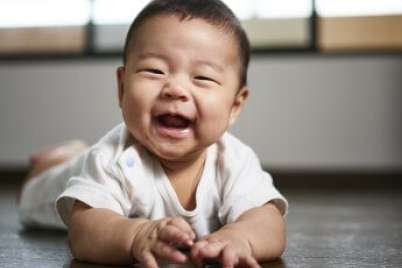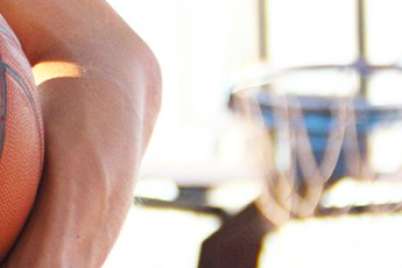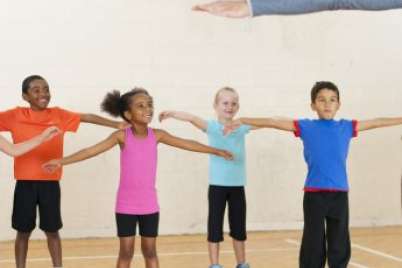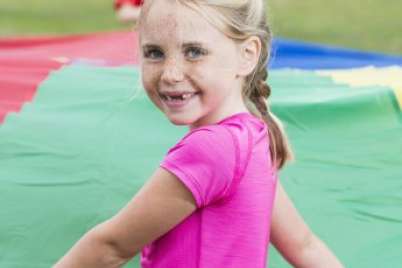
Canucks Autism Network delivers physical literacy
No parent welcomes an autism diagnosis for their child. They know the child will face significant challenges in every domain of life while growing up, including physical activity.
This was the case for Paolo Aquilini, co-owner of the Vancouver Canucks, and his wife Clara when their son was diagnosed with autism in 1996. After the diagnosis, they struggled to find adequate support for his therapy. And as he grew up, they also began to discover a lack of adapted sport and recreation programming.
So they decided to do something about it. They decided to create their own programming network.
In 2008, they founded the Canucks Autism Network (CAN) to develop recreation, sports, and arts programs for kids with autism. In the years since, they have watched CAN grow into a vast network of programs across British Columbia, driven by thousands of trained staff and volunteers. In 2015, CAN commanded a $3.5 million budget in providing over 2,000 hours of support to 496 programs.
For families raising children with autism, CAN programs are life-changing. They give kids new avenues to make friends and participate in the community, and they open doors by developing skills and confidence in a wide variety of sports, physical activities, and the arts.
According to Katy Harandi, the president of CAN, parents often believe that their autistic children can’t learn to swim, ride a bike, or play on a hockey team. CAN programs are proving otherwise.
Different programs across the province are creating successful experiences in everything from skating, skiing, swimming, and gymnastics, to soccer, basketball, hockey, and biking.
And there is even a program dedicated to basic physical literacy.
Through the I CAN Have Physical Literacy program, kids ages 3-6 years and 7-11 years learn fundamental movement skills in a safe and supportive environment. They attend one 60-minute lesson each week during a choice of fall, winter, and spring sessions, where they receive full 1:1 support from trained coaches, social workers, and dedicated volunteers. Parent collaboration is also encouraged to provide additional strategies to meet the unique needs of each child.
In Victoria, the I CAN Have Physical Literacy program is run in partnership with the Pacific Institute for Sport Excellence (PISE). In Greater Vancouver, it is run in partnership with the City of Surrey as part of the I AM Game initiative.
As the kids practice skills such as running, jumping, and balancing, they develop the confidence to try sports and physical activities. It represents a giant leap for many of the children — giving them the chance to explore life in a way they or their parents might not have imagined.
CAN is a big win for children with autism. Take Paulo and Clara Aquilini’s son for instance. He loves hockey now, and apparently he has a pretty good slapshot.
Editor’s note: If you are an educator interested in learning how to adapt physical activity programming for children with autism, be sure to check out the I CAN Teach Physical Literacy [PDF] resource from PISE.





